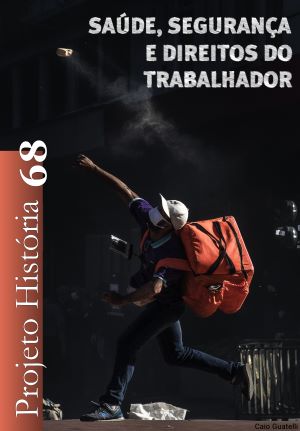O INIMIGO É A FOME: BREVE HISTÓRICO DA ESCASSEZ ALIMENTAR NO NORDESTE E DO PAPEL DO ESTADO EM SEU ENFRENTAMENTO
DOI:
https://doi.org/10.23925/2176-2767.2020v68p352-386Palavras-chave:
Fome, Nordeste, Josué de CastroResumo
O artigo emprega uma revisão bibliográfica e fontes primárias para discutir a ideia da fome e sua associação ao Nordeste, buscando compreender como se construiu essa percepção. Também a forma como o Estado buscou, no começo do século 20, assumir um papel atuante na questão alimentar nacional, para proteger seus cidadãos da fome e suas consequências. Finalmente, aborda-se como alguns intelectuais buscaram publicizar a fome nordestina, de forma que ela não mais fosse escamoteada, mas enfrentada, tanto pelo governo quanto pela própria sociedade. Pretende-se compreender a trajetória da fome no Nordeste, as mudanças em sua percepção e seu reconhecimento enquanto problema social, da segunda metade do século 19 até meados da década de 1960.
Downloads
Publicado
Como Citar
Edição
Seção
Licença

Este obra está licenciado com uma Licença Creative Commons Atribuição 4.0 Internacional.




